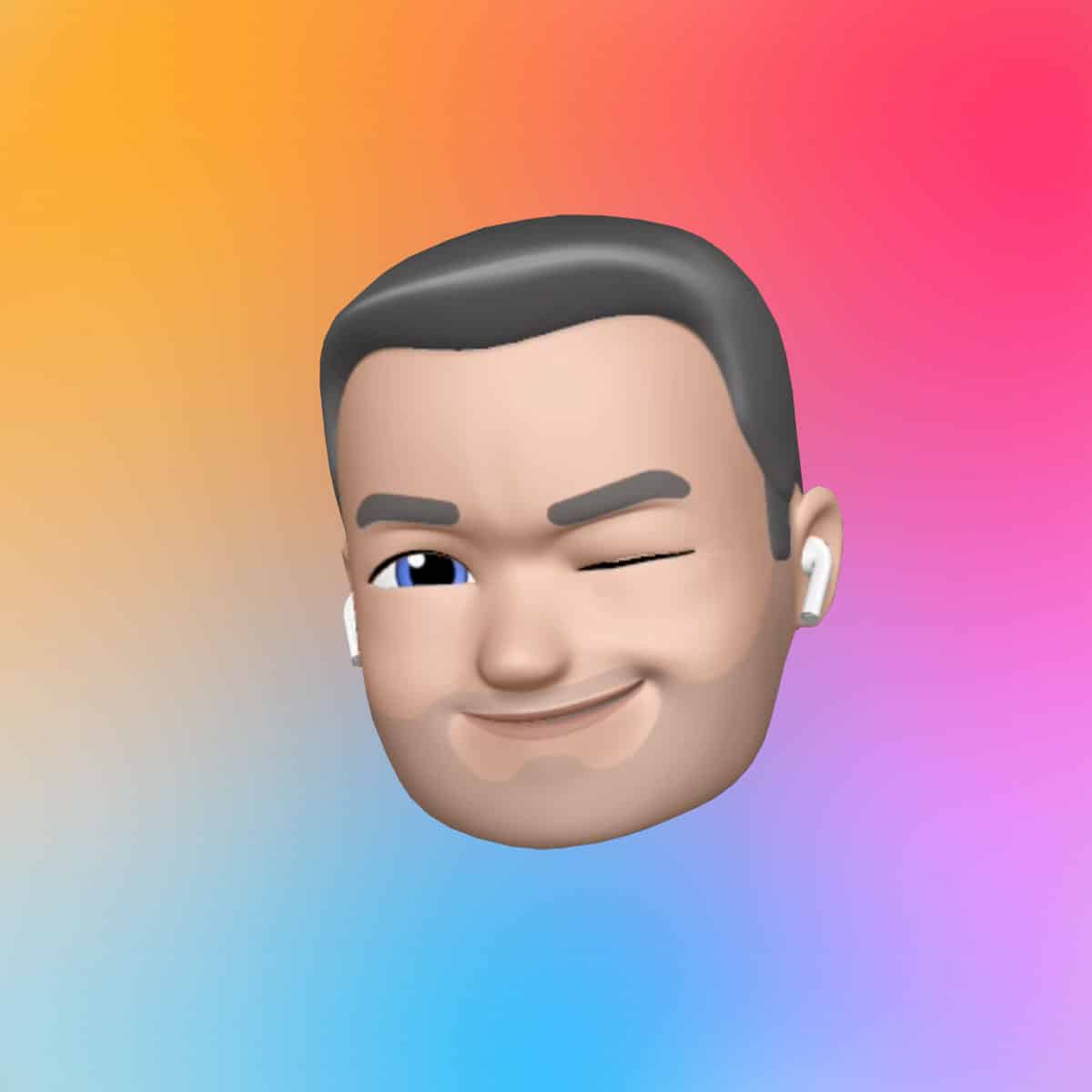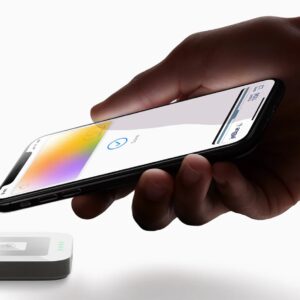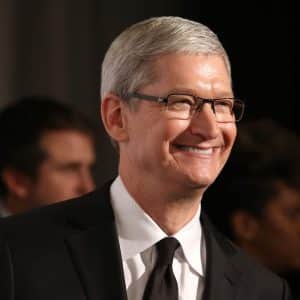Apple CEO Tim Cook fired back at CVS and Rite Aid on Monday after the drugstore chains blocked the iPhone maker’s mobile payments service, saying there were plenty of other retailers around the world to sign up.
Apple Pay launched about a week ago and saw more than a million credit cards registered over the first 72 hours. It already totes up more transactions than all other “contact less” payment methods combined, Cook said, citing Visa and Mastercard data.
Such services, through which a user pays by holding a smartphone close to a specially designed terminal, have failed to catch on in the United States despite the backing of Google and other influential players.
News emerged over the weekend that the two retailers had opted out of Apple Pay in favor of a rival system that roughly 50 chains, including Wal-Mart and Best Buy, are developing for in-house use. “We’ve got a lot more merchants to sign up, we’ve got a lot of banks to sign up and we’ve got the rest of the world,” Cook told the Wall Street Journal Digital Live conference, in the company’s most extensive comments on the blockade so far.
In launching Apple Pay, the iPhone maker hopes to lock in more customers for its mobile devices by enhancing their overall utility. Industry experts say it stands a chance of becoming the first widely used payments feature on smartphones.
CVS and Rite Aid have not explained their surprise move.
But the driving force behind developing a retailer-owned mobile payment solution is to avoid paying credit card transaction fees to card companies like Visa and Mastercard, analysts said. Fees range between 2 percent and 3 percent of costs per transaction.
Rite Aid stopped accepting Apple Pay last week at its 4,572 stores. Spokeswoman Ashley Flower said the company was evaluating various forms of mobile payment technologies.
CVS did not respond to queries seeking comment but a visit to two of its stores showed that the NFC (Near Field Communications) reader on which Apple Pay was used had been deactivated.
It remains to be seen, despite early signs of success, whether mobile payments will become widely adopted.
Cook argued on Monday that Apple Pay offered better security and privacy than competing services, and that retailers risked alienating customers by limiting choices at checkout.
“It’s a skirmish,” Cook said in response to a question about the retailers’ moves.
“Merchants have different objectives sometimes. But in the long arc of time, you only are relevant as a retailer or merchant if your customers love you.”
Reuters













